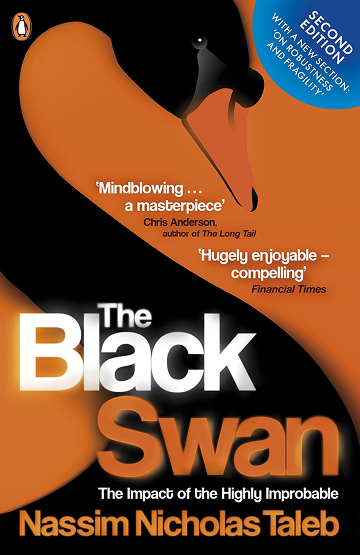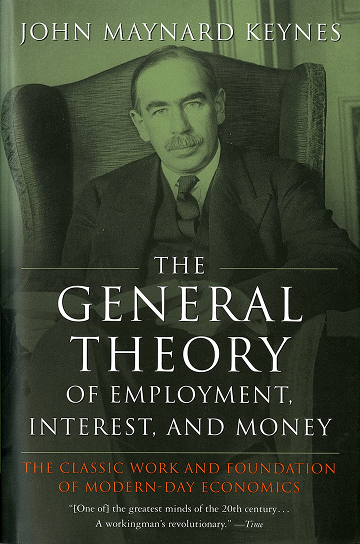
Bill Gross Biography, Career, Net Worth, and Key Insight



Bill Gross’s Profile Summary
|
Company
|
PIMCO |
|---|---|
|
Position
|
Was the co-founder and Chief Investment Officer (CIO) of Pacific Investment Management Company (PIMCO). |
|
Source of wealth
|
Management and performance fees from PIMCO’s bond investment strategies, compensation from Janus Capital Group, personal investments, philanthropy-related activities. |
|
Also known as
|
Author, Philanthropist, Market Commentator. |
|
Age
|
81 |
|
Education
|
Duke University – Bachelor’s degree in Psychology, UCLA Anderson School of Management – MBA. |
|
Citizenship
|
United States |
|
Residence
|
Laguna Beach, California, USA |
|
Family
|
Bill Gross's family includes his wife Amy Schwartz and his two children from a previous marriage. |
|
Website, Social Media
|
https://www.pimco.com/ |
Bill Gross’s biography
Bill Gross, born on April 13, 1944, in Middletown, Ohio, is a prominent American investor and fund manager, best known as the "Bond King." He co-founded PIMCO in 1971 and played a pivotal role in transforming it into one of the world’s largest asset management firms, with a focus on fixed-income securities. Gross managed the PIMCO Total Return Fund, which became one of the largest mutual funds in the world under his leadership. His investing style emphasized risk-adjusted returns through active management of bond portfolios, making him a pioneer in bond investing strategies. Gross earned a psychology degree from Duke University and later an MBA from the UCLA Anderson School of Management. Apart from his investment career, Gross has been actively involved in philanthropy, contributing to healthcare, education, and poverty alleviation causes. He left PIMCO in 2014 amid internal conflicts and later joined Janus Capital Group, where he continued managing funds until his retirement in 2019. Gross’s career was also marked by his candid and often bold market insights, further solidifying his reputation as a leading voice in bond investing.-
How did Bill Gross make money?
Bill Gross makes money in the following areas:
Management and performance fees from PIMCO’s bond investment strategies, compensation from Janus Capital Group, personal investments, philanthropy-related activities.
-
What is Bill Gross net worth?
As of 2025, Bill Gross’s net worth is estimated to be $1.7B.
What is Bill Gross also known as?
Bill Gross is also known for his writing and thought leadership in the financial industry. He authored several investment-related books, including "Everything You've Heard About Investing Is Wrong!", offering insights into bond markets and macroeconomic trends. Gross is a well-known philanthropist, donating substantial amounts to causes such as healthcare, education, and poverty relief, with significant contributions to Duke University and Hoag Memorial Hospital. Additionally, Gross frequently commented on financial markets, sharing his views in media appearances, interviews, and through PIMCO's widely followed investment outlooks.Prominent achievements of Bill Gross
Bill Gross was named "Fixed-Income Manager of the Decade" by Morningstar in 2010. He managed the PIMCO Total Return Fund, which at its peak had assets exceeding $293 billion. He is also recognized for co-founding and building PIMCO into a global financial powerhouse. Additionally, Gross’s philanthropic efforts, especially his donations to hospitals and universities, are well-known, with his total charitable contributions exceeding $800 million.What are Bill Gross’s key insights?
Bill Gross emphasizes risk management, diversification, and a focus on fixed-income securities to generate stable, risk-adjusted returns. He is known for advocating active management over passive strategies, particularly in bond markets, and has always stressed the importance of understanding macroeconomic conditions. Gross is also recognized for his contrarian views, often taking bold positions that reflect his in-depth market analysis.
Bill Gross’s personal life
Bill Gross was married to Sue Gross, with whom he had two children, Nick and Jennifer. After their divorce, he married Amy Schwartz. Gross has maintained close ties with his children, and his ex-wife Sue remains notable in philanthropic circles, especially after their highly publicized divorce.
Useful insights
Understanding market forces
In my experience, to truly succeed as an investor, it’s essential to understand the driving forces behind market behavior. Market movements aren’t random—they’re influenced by a range of economic theories and dynamics. The following books provide valuable insights into these forces, offering a deeper understanding of how global financial markets operate and what shapes their trends.
-
Nassim Nicholas Taleb – "The Black Swan"

-
Summary:
Taleb explores the concept of rare, unpredictable events—so-called "Black Swans"—that can have massive impacts on markets and society. These events are often overlooked by traditional risk management models, leading to devastating consequences when they occur. Taleb illustrates how these unpredictable shocks shape our world, often more than gradual, expected changes.
-
Why read it:
This book challenges conventional thinking about risk and uncertainty, showing that many major historical and financial events were "Black Swans." It's a vital read for investors who want to build resilience in the face of market volatility.
-
-
John Maynard Keynes – "The General Theory of Employment, Interest, and Money"

-
Summary:
Keynes revolutionized economics by focusing on total demand within an economy and its effect on output and inflation. His theory suggested that government intervention could stabilize economic cycles through fiscal and monetary policy. The book also explains the consequences of under-consumption and the role of interest rates in managing economic stability.
-
Why read it:
For investors interested in macroeconomic trends and policy impacts, Keynes’ work is essential. Understanding the Keynesian framework can help investors predict how government actions might influence market performance.
-
Other profiles in category
Popular Financial Guides
Latest Financial News

Tariffs on SA exports endanger citrus auto, and wine sectors

South African Post Office gets R1.8 billion, not promised R3.8 billion































































































































